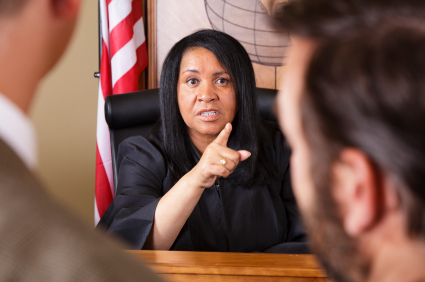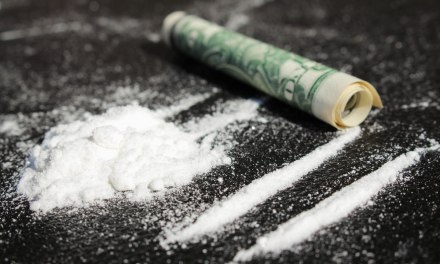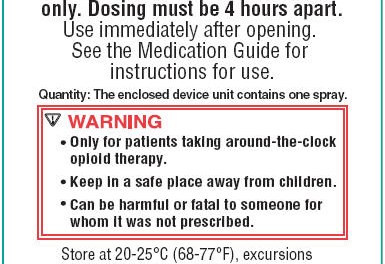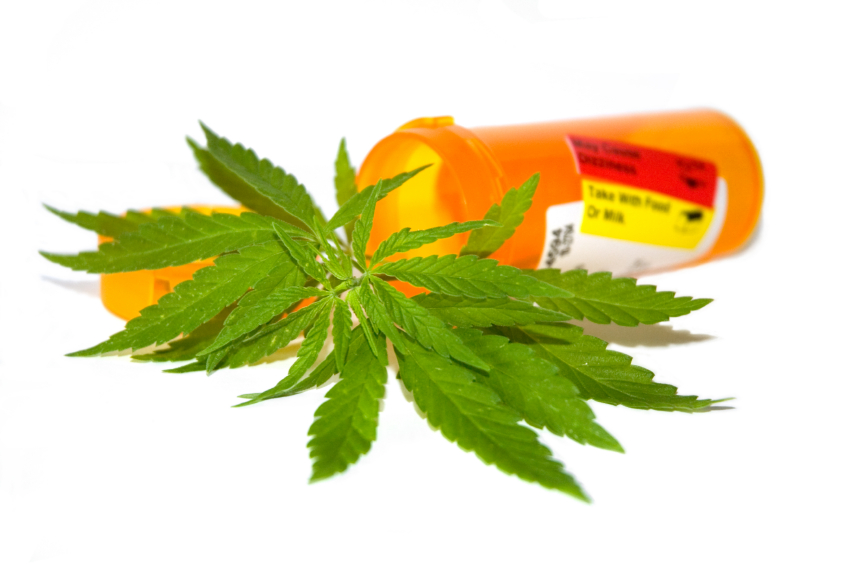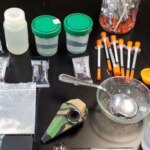From a recent online article: Surgeon General: There’s No Value in Locking Up People for Marijuana Use
That’s from Vivek Murthy, M.D. He was quoted to the effect that he doesn’t “… think there is value for individuals or to society to lock people up for marijuana use.”
Most of the treatment staff I’ve met would agree. Incarceration is a very costly, disruptive, and often ineffective way to respond to drug use. And though people do change as a result of being locked up — it isn’t always for the better.
Murthy added that when it comes to drug policy, “… we need to let science guide us.”
That would be revolutionary. Although our leaders have in the past often sought advice from scientists, it hasn’t always been followed. Other considerations took precedence: political, social, financial, etc. Good, solid scientific evidence was set aside.
That’s too bad, because as one scientist told me: “…when it comes to public health, science can be a real lifesaver!”
Although America arrests large numbers of people for cannabis possession, most of them don’t wind up in jail. Alternative approaches are common. That’s the result of a significant shift in public policy that occurred over the past few decades. The alternatives range from a simple citation to mandated education and on to formal treatment and drug monitoring.
But now, with governments eager to decriminalize or even legalize recreational use, everything seems to be accelerating. It’s a sea change in policy and I don’t know yet how well it’s working. At present, accurate information can be hard to come by. The excitement has to die down at some point, and we’ll begin to get a clearer picture of the new reality. Warts and all.
In the outpatient programs I’ve visited, cannabis often becomes an issue when a client tests positive on a routine drug test. That person may already be under Court supervision, perhaps as the result of a more serious offense. They’re required to avoid all use of illicit substances for the duration of supervision.
So they’re likely to be furious when a test comes back for cannabis, although as it turns out, that’s only one of the drugs they’ve been using. It’s the one for which they got caught. Cannabis is detectable on standard tests for up to a month, depending. That’s far longer than heroin or cocaine. So if you’ve been partaking of all three drugs between random tests, you’re mostly like to come up positive for pot.
Times vary based on lab and method, but here’s a good overview: How long does weed stay in your system?
Within the field, attitudes towards a positive test can vary widely. Some counselors or probation officers admit they’d much rather see their clients using marijuana than risking OD on fentanyl. I get that, but personally, I believe it conveys a false impression that if you’re using pot, you’re less likely to be using the other substances. Far as I can tell, that’s not the case. For most I’ve met, it’s not so much weed or other drugs, it’s weed and the rest.
Other counselors have remained relatively hard-core. “Look, my clients know the score. It’s right there in black and white. No drugs. You don’t live up to it, that’s on you.”
It would be helpful if our friend Science would give the rest of us a hand, by providing accurate comparison studies of the relative effectiveness and safety of these and other approaches.
So far, I haven’t seen much in that vein.

